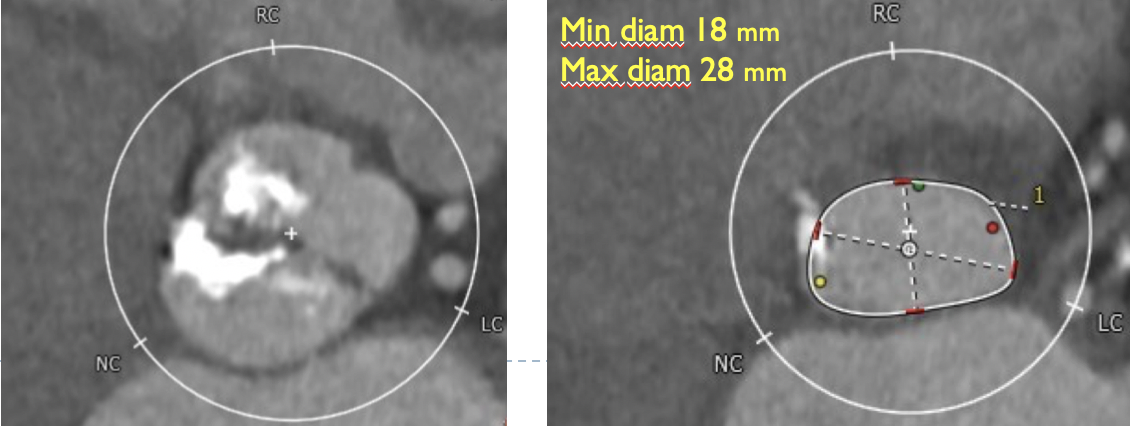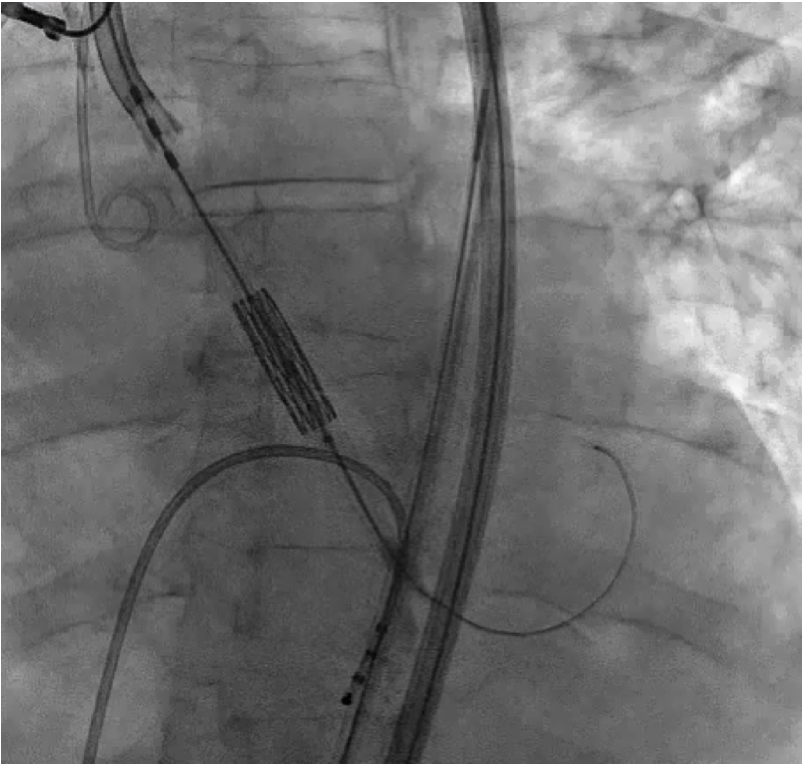Lots of interesting abstracts and cases were submitted for TCTAP & AP VALVES 2020 Virtual. Below are accepted ones after thoroughly reviewed by our official reviewers. Don¡¯t miss the opportunity to explore your knowledge and interact with authors as well as virtual participants by sharing your opinion!
* The E-Science Station is well-optimized for PC.
We highly recommend you use a desktop computer or laptop to browse E-posters.
CASE20191113_007
| STRUCTURAL HEART DISEASE - Valvular Intervention: Aortic | |
| TAVI in Ebstein¡¯s Anomaly Patient and Bicuspid Aortic Valve | |
| Luca Testa1, Matteo Casenghi1 | |
| IRCCS San Donato Hospital, Italy1, | |
|
[Clinical Information]
- Patient initials or identifier number:
C.A.
-Relevant clinical history and physical exam:
A 56-year-old male, smoker, with a history of hypertension and dyslipidemia was admitted to our hospital in 2013 for acute heart failure. During hospitalization, a diagnosis of Ebstein¡¯s Anomaly with severe tricuspid regurgitation and bicuspid aortic valve with moderate aortic stenosis was made. In 2015 after a second episode of acute heart failure a surgical correction was indicated but the patient refused. In 2017, due to a mixed cardiogenic and septic shock he was referred again to our center
-Relevant test results prior to catheterization:
The echocardiogram showed a severely reduced LV ejection fraction (EF 20%) with severe aortic stenosis (mean gradient 80 mmHg) and severe tricuspid regurgitation (Fig.1)
  - Relevant catheterization findings:
|
|
|
[Interventional Management]
- Procedural step:
BAV, characterized by asymmetry of valve opening, extensive calcification and difficult angiographic implantation view, together with the LV apical thrombus represents a very challenging scenario for TAVR implantation. We hence planned to release a Triguard embolic protection device (Figure 1), which is the only CE marked device providing full protection of all 4 brain vessels, and to use a hand pre-formed 1 cm super-stiff wire (Figure 2) and rapid pacing to minimize thrombus mobilisation. After pre-dilatation with 21 mm a Sapien 23 mm valve overexpanded with 2 ml over-filled balloon to safely accommodate the elliptic 24 mm BAV annulus was implanted with excellent results. Three months follow-up showed good performance of bioprosthetic valve with mean gradient of 9 mmHg.
  - Case Summary:
To our knowledge is the first case of TAVI in Ebstein¡¯s Anomaly and TAVI was a life- saving procedure in this patient. LV apical thrombus is not an absolute contraindication Embolic protection devices could be particularly useful when treating patients with LV thrombus.
|
|